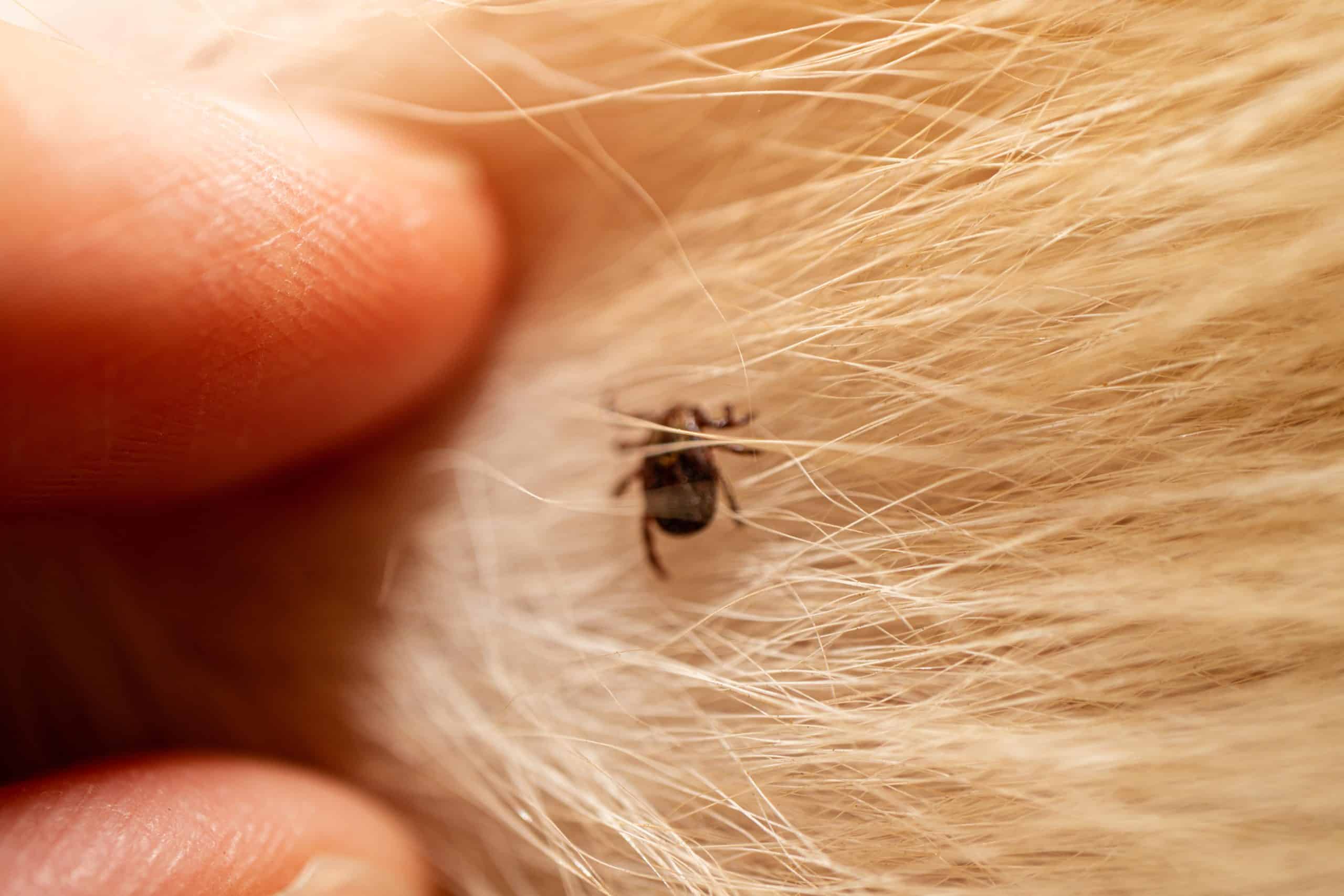Ticks and Lyme Disease in South Florida: What You Need to Know
South Florida, with its warm and humid climate, is an ideal environment for ticks. These tiny arachnids can pose significant health risks, including the transmission of Lyme disease. This blog post aims to educate readers about ticks, Lyme disease, and how Dade Pest Solutions can help protect you and your family.
Understanding Ticks in South Florida
Ticks are ectoparasites that feed on the blood of mammals, birds, and sometimes reptiles and amphibians. In South Florida, several tick species can transmit diseases to humans, including the black-legged tick (Ixodes scapularis), also known as the deer tick, which is the primary vector for Lyme disease.
Common Tick Species in South Florida
- Black-legged Tick (Deer Tick): Known for transmitting Lyme disease, babesiosis, and anaplasmosis.
- Lone Star Tick: Can transmit ehrlichiosis and Southern Tick-Associated Rash Illness (STARI).
- American Dog Tick: Known for spreading Rocky Mountain spotted fever.
Lyme Disease: Causes, Symptoms, and Treatment
Lyme disease is caused by the bacterium Borrelia burgdorferi, transmitted through the bite of an infected black-legged tick.
Symptoms of Lyme Disease
- Early Signs (3-30 days post-bite):
- Erythema migrans (bull’s-eye rash)
- Fever, chills, headache
- Fatigue, muscle and joint aches
- Swollen lymph nodes
- Later Signs (weeks to months post-bite):
- Severe headaches and neck stiffness
- Additional rashes
- Arthritis with severe joint pain and swelling
- Facial palsy
- Heart palpitations
Diagnosis and Treatment
- Diagnosis: Based on symptoms, physical findings (e.g., rash), and the possibility of exposure to infected ticks. Blood tests can help confirm the diagnosis.
- Treatment: Early-stage Lyme disease is typically treated with antibiotics such as doxycycline, amoxicillin, or cefuroxime axetil. Treatment duration is usually 2-4 weeks. Late-stage Lyme disease may require longer courses of antibiotics or intravenous treatment.
Preventing Tick Bites and Lyme Disease
Preventing tick bites is crucial in reducing the risk of Lyme disease. Here are some preventive measures:
- Avoid Tick-Infested Areas: Be cautious in wooded, brushy, and grassy areas, especially in warmer months.
- Use Repellents: Apply insect repellents containing DEET or permethrin to skin and clothing.
- Wear Protective Clothing: Wear long sleeves, pants, and tuck pants into socks.
- Perform Tick Checks: After spending time outdoors, check your body, clothing, and pets for ticks.
- Proper Tick Removal: Use fine-tipped tweezers to grasp the tick close to the skin’s surface and pull upward with steady, even pressure.
How Dade Pest Solutions Can Help
Dade Pest Solutions offers comprehensive pest control services to help protect your home and family from ticks and other pests. Their services include:
- Tick Control Treatments: Targeted applications to reduce tick populations around your home.
- Yard Inspections: Identifying and treating areas where ticks are likely to thrive.
- Education and Prevention Tips: Providing information on how to minimize tick exposure in your yard and home.
Frequently Asked Questions (FAQ)
Q: How can I tell if I have been bitten by a tick?
A: Tick bites are often painless and may go unnoticed. Look for a small bump or rash at the bite site. The presence of a bull’s-eye rash is a strong indicator of Lyme disease.
Q: Can I get Lyme disease even if I never saw a tick on me?
A: Yes, ticks can be very small, especially in their nymph stage, and may go unnoticed. If you develop symptoms of Lyme disease, seek medical attention even if you don’t recall a tick bite.
Q: What should I do if I find a tick on my body?
A: Remove it immediately using fine-tipped tweezers. Grasp the tick close to the skin and pull upward with steady pressure. Clean the bite area with soap and water and save the tick for identification.
Q: Are there any long-term effects of Lyme disease?
A: If not treated promptly, Lyme disease can cause long-term health issues, including arthritis, neurological problems, and heart issues. Early treatment is crucial for a full recovery.
Q: How effective are tick repellents?
A: Repellents containing DEET or permethrin are highly effective when used correctly. Apply them to exposed skin and clothing before going outdoors.
Q: Can pets get Lyme disease?
A: Yes, pets can contract Lyme disease. Use veterinarian-recommended tick preventatives and check your pets regularly for ticks.
Conclusion
Ticks and Lyme disease are significant concerns in South Florida, but with proper knowledge and preventive measures, you can protect yourself and your loved ones. Dade Pest Solutions is here to help with professional tick control services, ensuring your home remains a safe haven from these pests. Stay vigilant, stay protected, and enjoy the beautiful outdoors of South Florida safely.

